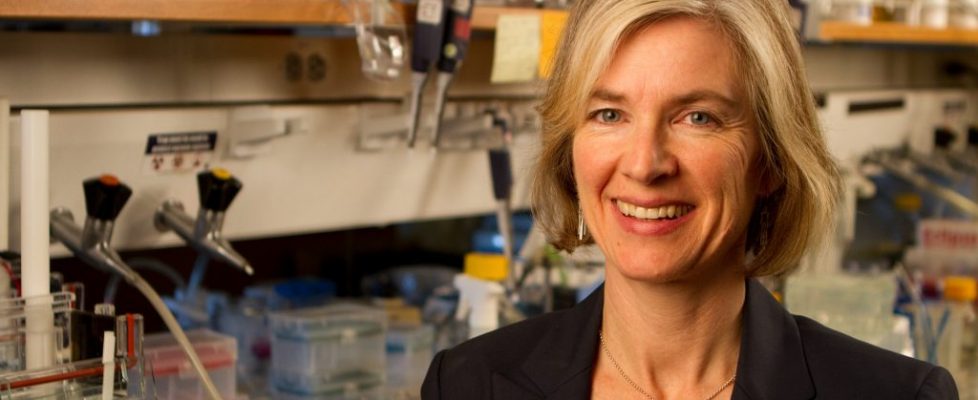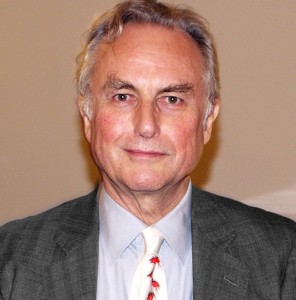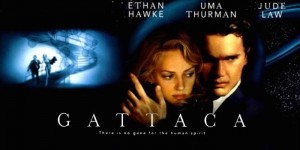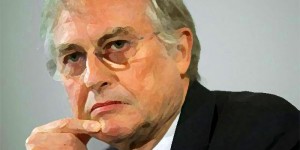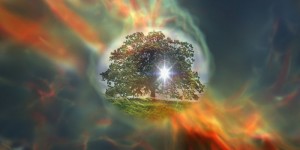Gene Editor Wins ’17 Sagan Prize, Jan 17
Dr. Doudna is globally known for her discovery and development of the CRISPR/Cas9 gene editing system which the New York Times says has "revolutionized humans' ability to edit DNA," allowing genetic changes that can be passed on to future generations. Dr. Doudna's numerous and rich science popularization efforts include a TED talk, RadioLab & Science Friday interviews, and a best-selling popular book on gene editing and its implications.Dr. Doudna will receive the Sagan Prize — including its $5000 cash award — from Wonderfest founding Board member Dr. Eugenie Scott during a ceremony in Berkeley on January 17, 2018.
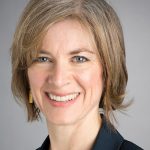
Dr. Jennifer Doudna
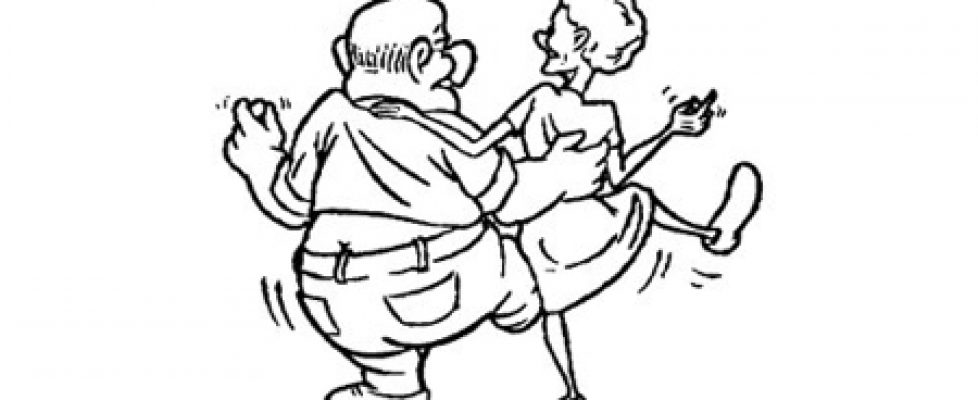
Healthy Aging – Jan 10
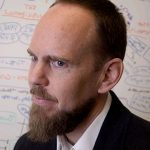
Dr. Gregory Tranah
Map: [http://bit.ly/1X1hJTf]
Richard Dawkins — My Life In Science, Oct 3, San Jose
Wonderfest joins the Commonwealth Club Silicon Valley in presenting Richard Dawkins in discussion of his second memoir, Brief Candle in the Dark.
Richard Dawkins is a British evolutionary biologist, ethologist, science writer, and outspoken atheist. In 1976, he published his first book, The Selfish Gene, which emphasized the gene as the key unit of biological evolution, and coined the term meme as the unit of cultural evolution. In 2013, Dawkin’s Appetite for Wonder chronicled “the making of a scientist” up to the appearance of The Selfish Gene. Now, with Brief Candle in the Dark: My Life in Science, Dawkins discusses his later life as “Darwin’s Rottweiler” and as a leader of the New Atheism movement.
Eugenics (Sep.30), Dawkins (Oct.3), and VERY “First Things” (Oct.5)
Dear Wonderfest Friend,
We have three terrific speaker/topic combos coming your way in the next two weeks.
On Wednesday, September 30, at 7pm, Wonderfest joins SF in SF at the Balboa Theater in presenting a special screening of the 1997 sci-fi thriller GATTACA. Complete info and ticket purchase are available here: <http://wonderfest.org/gattaca/>.
What makes this screening so “special” is commentary and Q&A with bioethics expert Hank Greely. Dr. Greely is TWICE a Stanford professor: of law and of genetics. He also directs Stanford’s Center for Law and the Biosciences. Dr. Greely first shared insights with a Wonderfest audience at our 2012 panel discussion entitled Does Corporate Funding Corrupt Science? Much more recently, he was the go-to expert on KCBS radio after the California State legislature voted to allow assisted suicide. You will not find a better speaker on genetics and society than Professor Greely.
***
Thanks to the Commonwealth Club Silicon Valley… On Saturday, October 3, at 2pm, Wonderfest assists in presenting Richard Dawkins at San Jose State’s Morris Dailey Auditorium. Full info and discount ticket purchase are available here: <http://wonderfest.org/richard-dawkins/>.
The celebrated and controversial British evolutionary biologist, writer, and atheist will speak about his latest book, A Brief Candle in the Dark: My Life in Science, the second of two memoirs describing his intriguing life. Books will be available for purchase and for signing.
***
On Monday, October 5, at 7pm, Wonderfest presents Stanford physicist Tom Abel on the “First Things in the Universe” at PianoFight in San Francisco. Complete information and registration info are available here: <http://wonderfest.org/first-things/>.
Professor Abel is the director of the Kavli Institute for Particle Astrophysics and Cosmology at Stanford. His speciality is computer simulation of the early universe. The full title of this Wonderfest talk is “How the First Things in the Universe Came About and How They Ended Up Within Us.” Expect to see cutting-edge computer animations that are as beautiful as they are mind-stretching.
Wondrous regards,
Tucker Hiatt
Founding Executive Director
P.S. Most-excellent Wonderfest friend Andrew Fraknoi invites us to experience a total eclipse of the Moon in the early evening of Sunday, September 27. “It should be easily visible and quite spectacular from California, with the moon rising already partly eclipsed,” writes Andy. Here is his outstanding blog: <http://fraknoi.blogspot.com>.
P.P.S. Here’s an early glimpse of a Wonderfest Halloween event to be featured in our next newsletter: The Official Houdini Séance – 2015. Even though this link presents a Kickstarter campaign that is almost “funded,” it will still allow the purchase of tickets to the Séance — and you can still support the science-education benefits of “super funding.” Please do take a look at this upcoming spectacle of science, history, skepticism, and magic.
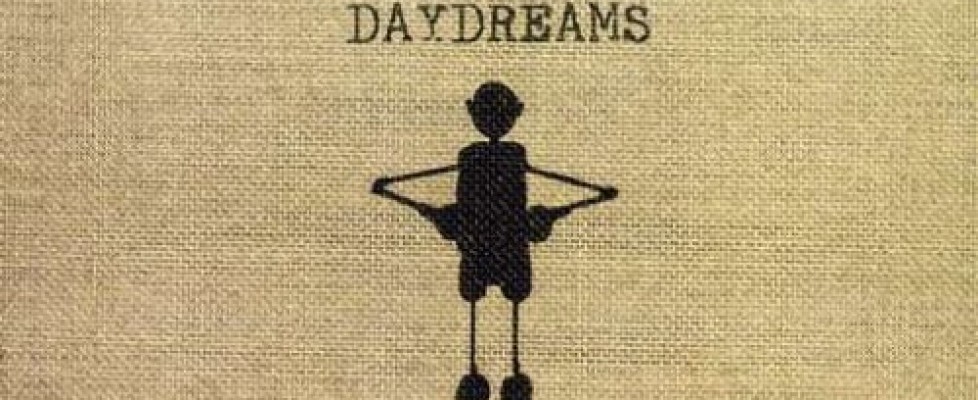
Wonder Song – Jack Conte
Jack Conte created this song for Wonderfest in 2008. It is also on his album “Nightmares and Day Dreams.” http://ow.ly/tsn1L
[su_button url=”/wfcode/download.php?file=http://wonderfest.org/wp-content/uploads/2014/02/Wonder-Song.mp3″]Download MP3[/su_button]
Here he is performing at Wonderfest 2008: http://www.youtube.com/watch?v=UeKE1l4gi0s
Of Tunnels, Teaching, and Time Travel
Dear Wonderfest friend,
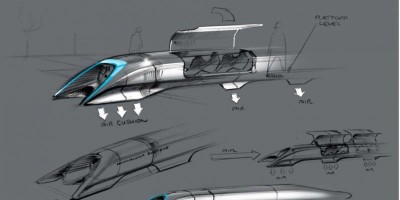
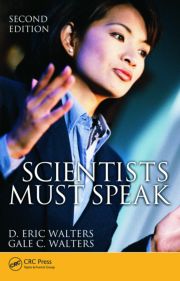
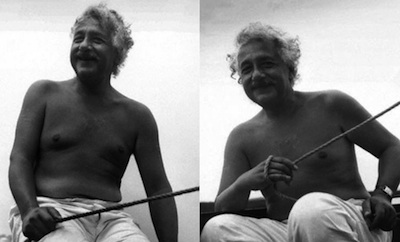
Improving Wonderfest: a quick & crucial survey
Dear friends,
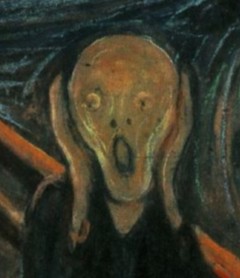
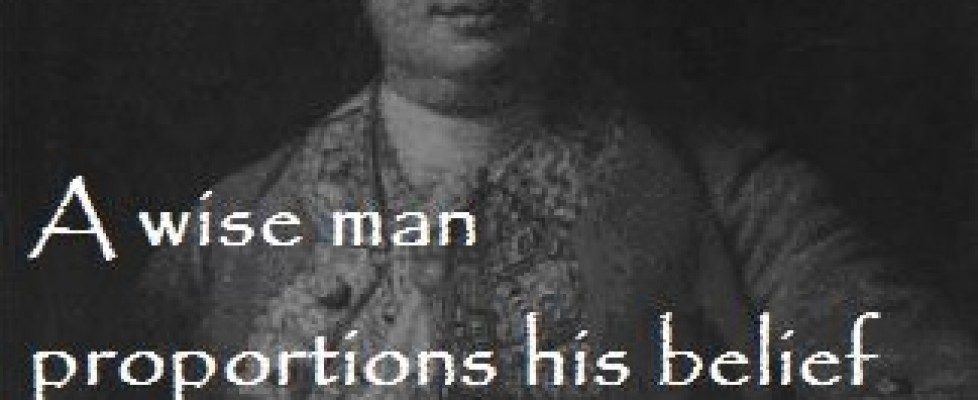
The Matrix, Skepticism, & Wonder
Dear Wonderfest friend,
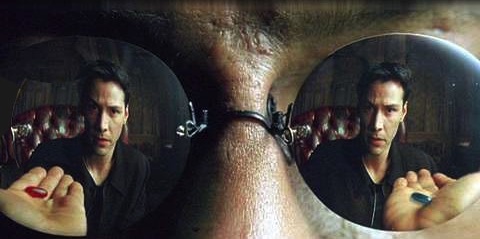
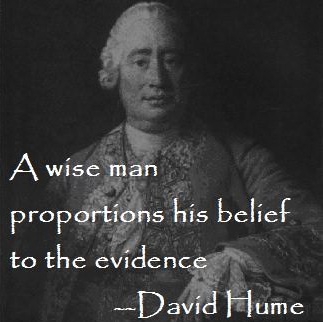
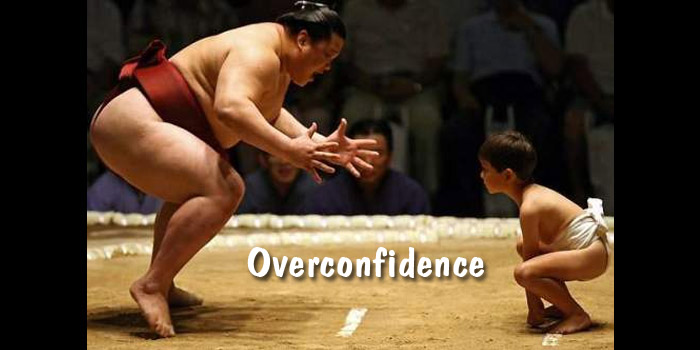
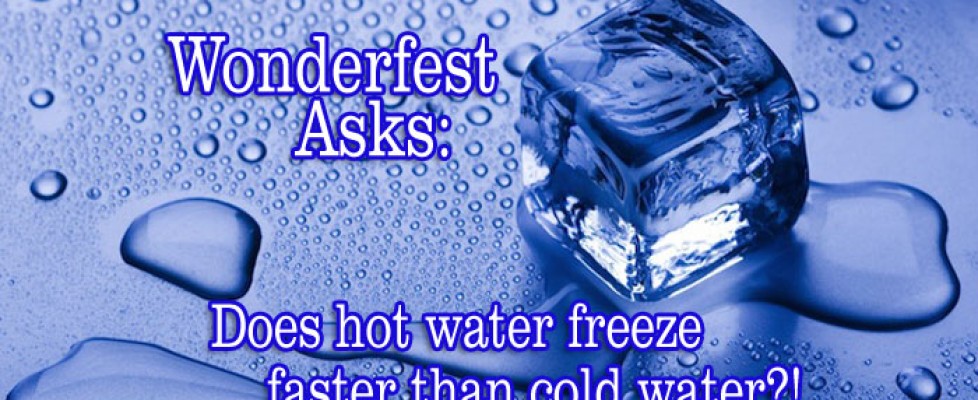
Try the ICE Experiment !
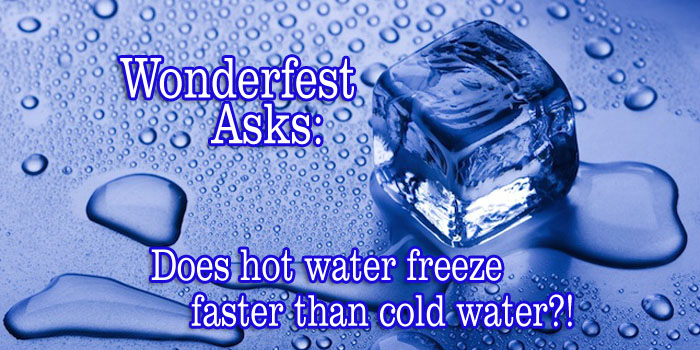
Redirecting….
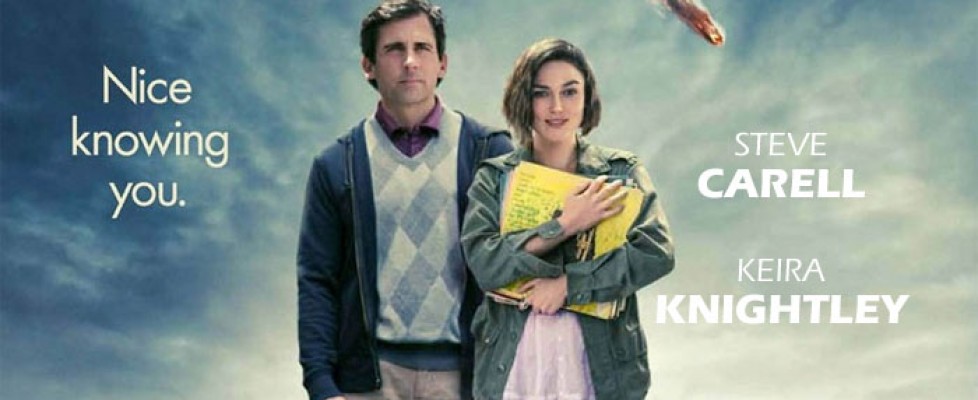
Seeking Science Friends for the End of the World
Dear friend of Wonderfest,
- presented eleven expert and engaging public science gatherings
- more than tripled* the traffic to our science-intense website and Facebook page
- established six new* partnerships with other educational organizations (the Commonwealth Club, most recently)
- created Wonderfest Science, a new MeetUp group, currently with 281 members
- conducted a Bay-Area-wide, do-it-yourself experiment into the remarkable claim that hot water freezes faster than cold water.
- invented — and begun commercial development of — a new and fundamental science education tool, the Massometer
- created the Radical Physics (RP) online physics course with twenty inaugural episodes
- funded ten new RP episodes through Kickstarter’s “What Is Energy?” campaign.
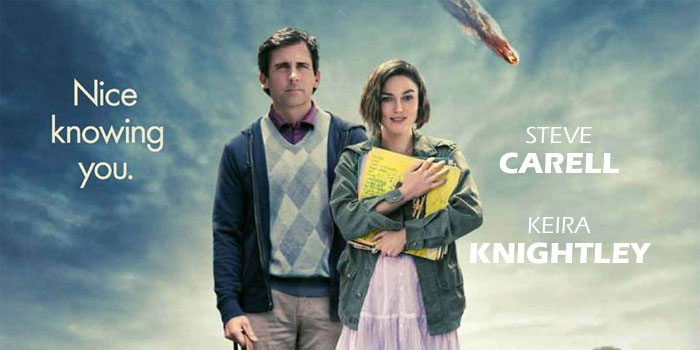
Wonderfest Fundraising, Take-2 and Take-3
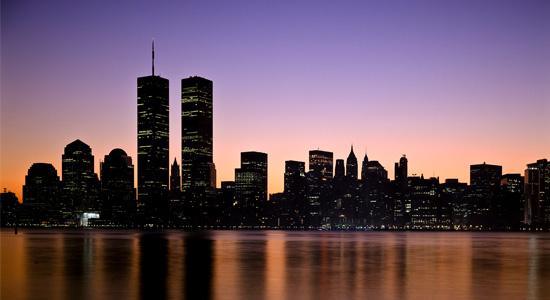
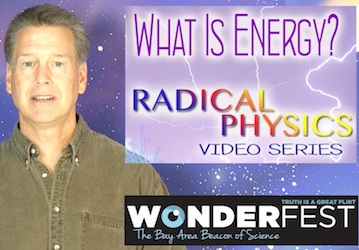 Please visit our Kickstarter page, and pledge a few dollars. We have fine rewards at every pledge level — from Wonderfest all-cotton shirts to a cosmic dinner in North Beach with legendary astrophysicist Alex Filippenko.
Please visit our Kickstarter page, and pledge a few dollars. We have fine rewards at every pledge level — from Wonderfest all-cotton shirts to a cosmic dinner in North Beach with legendary astrophysicist Alex Filippenko.
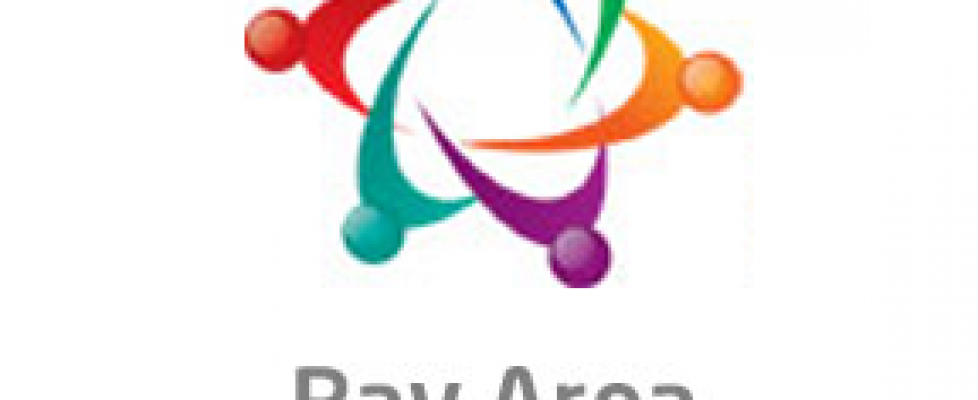
Wonderfest and the Bay Area Science Festival

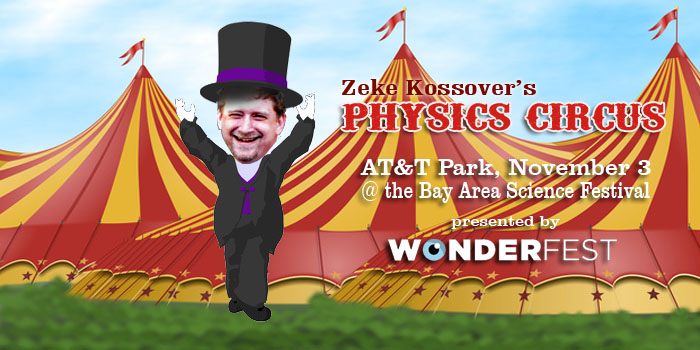
2) Wonderfest – Physics Circus takes place at the biggest BASF venue. This so-called Discovery Days event happens at AT&T Park on Saturday, November 3. Celebrated physics wizard Zeke Kossover and I will offer demonstrations and hands-on activities from 11 AM to 4 PM using homemade equipment and the finest of physics gizmos from PASCO Scientific.
3) When World’s Collide, also on November 3 (the event, not the collision!), is jointly presented by Wonderfest and the Mt. Tamalpais Astronomy Program. It starts with a lecture under the stars in Mt. Tam’s Mountain Theater by NASA planetologist Kevin Zahnle, and will conclude with naked-eye stargazing and complimentary deep-sky observing through the big telescopes of the San Francisco Amateur Astronomers.

4) ICE, an Incredible Community Experiment is the most original Wonderfest contribution to BASF 2012, and it runs all festival long. ICE is a do-it-yourself, community-wide experiment that tests the seemingly absurd claim (made by Aristotle, among others) that hot water freezes faster than cold water. This simple, eye-opening, Bay-Area-wide experiment may end up being the BASF event that best promotes the understanding and appreciation of science. Please do try the experiment yourself, and then submit your results for comparison with thousands of others at BASF.
The Bay Area Science Festival is a fantastic display of local science popularization efforts. Please check out the full Festival schedule, and mark you calendar accordingly. I hope I see you at some of Wonderfest’s intriguing BASF events.
Wondrous regards,
Tucker Hiatt, Executive Director
P.S. To get more involved in Wonderfest activities, please consider becoming an Ambassador of Wonder. This volunteer position comes with a fancy badge, a Wonderfest polo shirt, and a host of interesting opportunities. The first such opportunity takes place on Nov. 3 at AT&T Park during our Wonderfest – Physics Circus. We need volunteers to represent Wonderfest by greeting the public, helping with physics demonstrations, and selling Wonderfest goodies. To become an Ambassador, please just drop me a message.
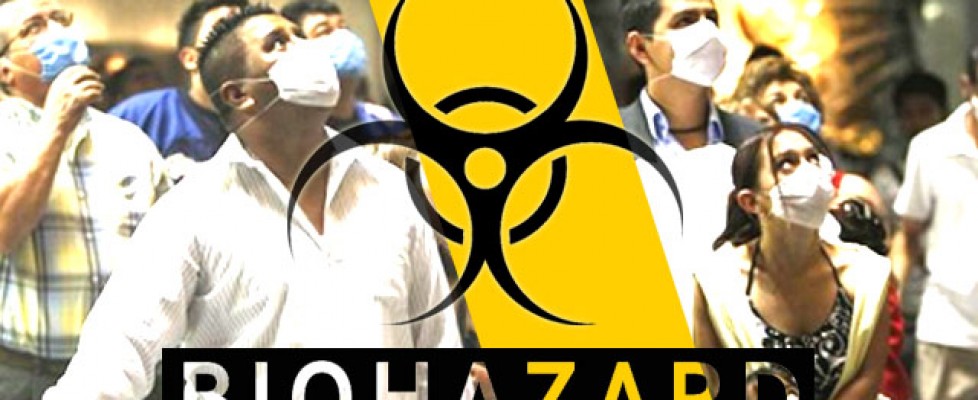
Intrigue, Fascination, & Enlightenment
Dear Wonderfest friend,
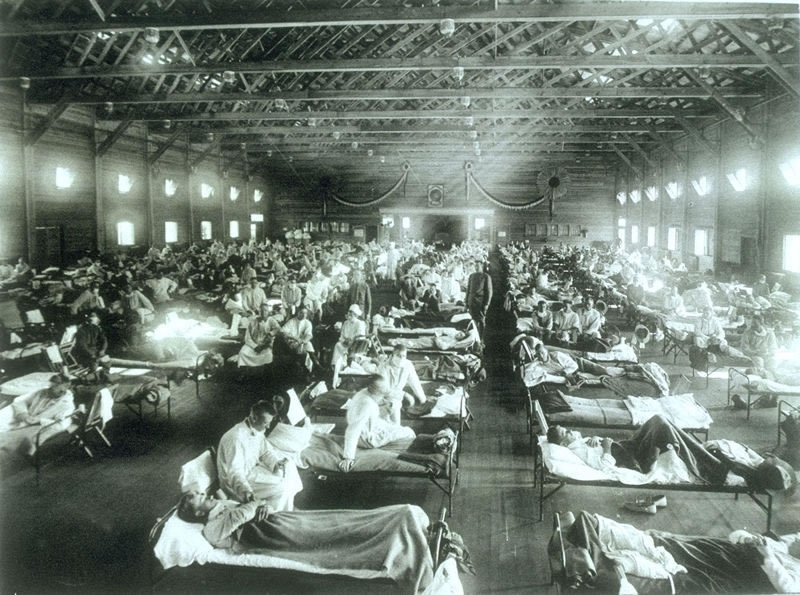
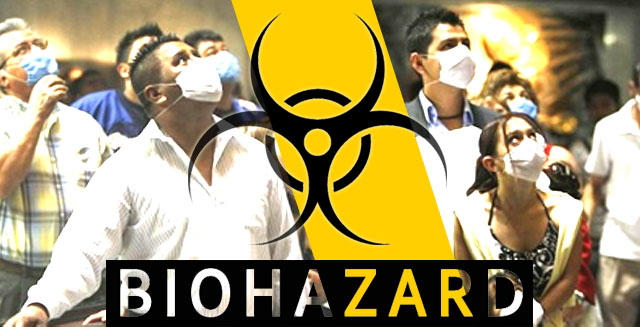
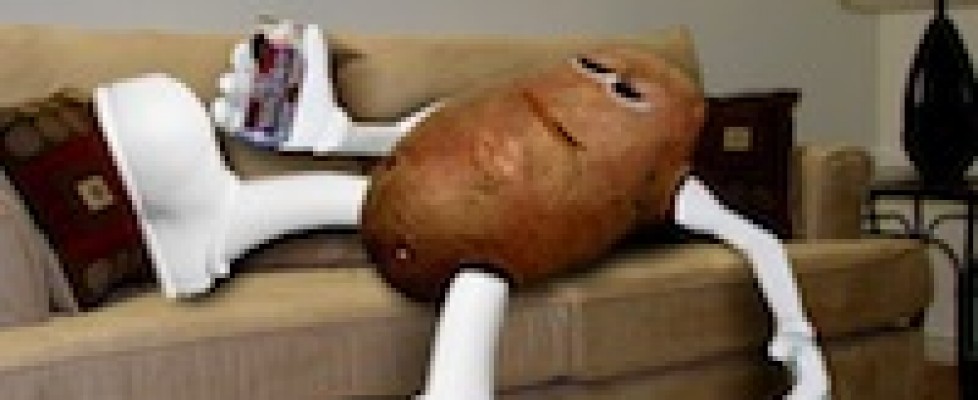
Inertia, Mass, & a Bad Law of Physics – Newton’s 1st Law Clarified (RP3)
This is the third taproot episode of Radical Physics. The “bad law of physics” in the title refers to a common misstatement of Newton’s first law of motion (N1). Once inertia is properly understood, then the power, scope, and surprise of the real N1 can be appreciated.
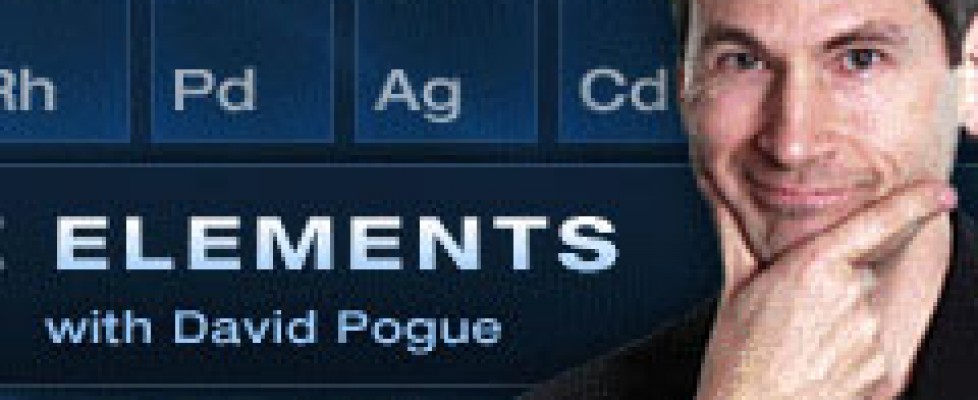
Wonderfest hosts special NOVA screening with David Pogue
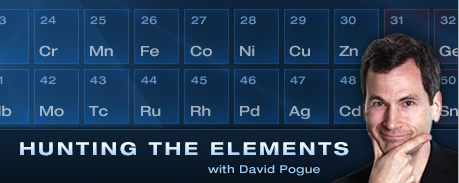
WHAT: A special screening of Hunting the Elements plus a behind-the-scenes confessional(!)
WHEN: 8:00 – 11:00 PM, Wednesday, April 4, 2012
WHERE: Randall Museum Theater, 199 Museum Way, San Francisco, CA 94114

Wonderfest and the Bay Area Science Festival
Dear Wonderfest friend,
For over a decade, November’s approach has gotten Bay Area science lovers all hot and bothered: Wonderfest was near!
Now that Wonderfest is the Bay Area Beacon (not Festival) of Science, and its events are spread throughout the year, perhaps we are all feeling the effects of November nostalgia and Wonderfest withdrawal.
BASF to the rescue! The Bay Area Science Festival (BASF) includes several Wonderfest-like presentations. In fact, one BASF event is actually co-produced by Wonderfest, and several other events involve long-time Wonderfest friends.
On Nov. 5, Wonderfest joins the Mt. Tamalpais Astronomy Program in presenting a lecture on one of the great mysteries of science: dark matter. This weird stuff constitutes more than 80% of the material universe, but we only observe it through its gravitational tug on the other 20%. Otherwise, dark matter is—in every sense of the word—dark to us.
But Wonderfest’s contribution to BASF will enlighten the subject a bit! UC Berkeley astrophysicist Dr. Michael Kuhlen will present a lecture and slide show entitled The Milky Way as a Dark Matter Laboratory. Immediately afterwards, Urban Astronomer Paul Salazar will lead a laser-guided tour of the gorgeous Mt. Tam night sky. And, finally, the San Francisco Amateur Astronomers will provide their big telescopes for a close-up public viewing of the heavens.
This Mt. Tam presentation is just one of many such “star parties” taking place throughout the Bay Area on that first Saturday evening in November. So, if getting to Marin is a challenge, consider one of the other BASF astronomy events closer to home.
The choreographer of the entire BASF Star Party series is the winner of Wonderfest’s first Carl Sagan Prize for Science Popularization, Andy Fraknoi. Besides working behind the scenes at BASF, Andy will be speaking about dwarf planet Pluto’s ignominious demotion at the single biggest BASF event on Sunday, Nov. 6. This same huge science bash—at AT&T Park, no less—will feature Wonderfest friend Zeke Kossover and his legendary Physics Circus.
One other BASF event that may particularly energize Wonderfest fans is the Science Trivia Contest at Ask a Scientist on Wednesday, Nov. 2. Why not drop by? If you’re worried that the competition may be stiff, take heart: at least one team (the Wonderfest team, including yours truly) will probably provide comic relief, unintentionally.
Wondrous regards,
Tucker Hiatt
Founder
P.S. It’s official: in the eyes of the state of California, Wonderfest is an independent nonprofit corporation. Now we are waiting for IRS acknowledgement of Wonderfest’s 501(c)(3) tax exemption.
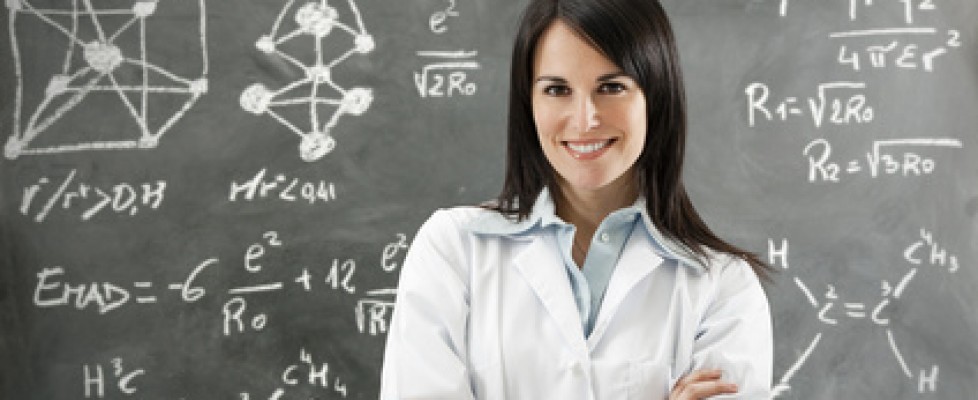
Ask A Scientist: Science Trivia Contest
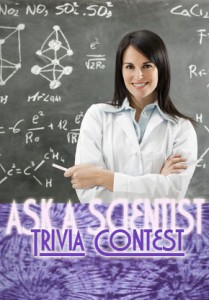
Join Wonderfest’s team at the Ask a Scientist “Science Trivia Contest,”
Wednesday, Nov. 2 <http://www.askascientistsf.
Just show up by 7pm; no Ph.D. necessary!
Ready to put your science smarts to the test? Tonight we will be celebrating the Bay Area Science Festival the best way we know how — with a boisterous science trivia contest hosted by Robin Marks of Discovery Street Tours. (It’s just like a pub trivia night, but without all those other boring categories.) Even if you don’t know your cortex from a coprolite, come enjoy a night of fascinating science trivia and general revelry. You can bring your own team of ringers with you, assemble a team with others on the spot, or just come to cheer, hang out, and learn stuff. The winning team will receive an awesome prize and a really cool feeling of superiority that should last at least several days. Six people max per team. Bring your own writing utensils.
Trivia Mistress: Robin Marks of Discovery Street Tours
Location: Atlas Cafe, 3049 20th Street, San Francisco
Cost: Free
Eats: Bring appetites. Atlas has an excellent menu.
Science Trivia Contest!
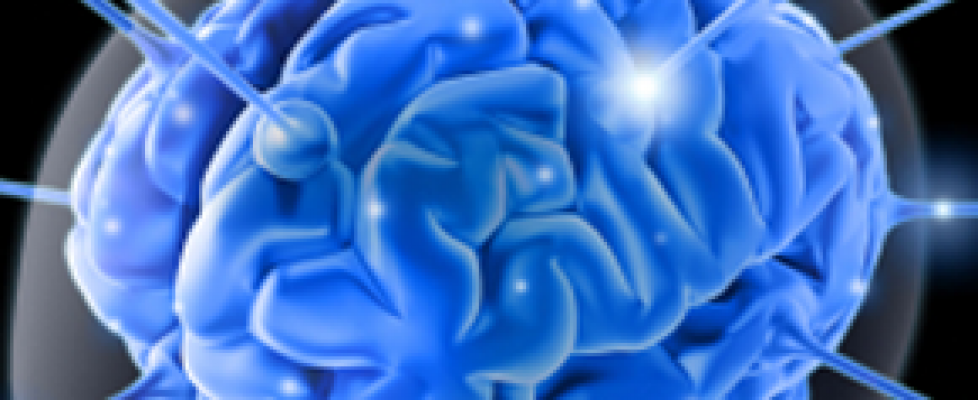
Special Edition Wonderfest Newsletter
Dear Wonderfest friend,
I am especially excited about our next event, just two days away. On Thursday, September 22, we will explore Does Quantum Weirdness Influence the Brain? at the Randall Museum Theater in San Francisco. I am “especially excited” for two reasons: (1) this is the first Wonderfest collaboration with Ask a Scientist, and (2) this title question involves topics that get my wonder gland working overtime.
To get some overtime yourself, please take another look at the “blurb” that described this talk in the last Wonderfest newsletter:
Neuroscientists say that there is a mystery at the core of our understanding of consciousness. Physicists say that there is a mystery at the core of our understanding of quantum mechanics. Do these two mysteries have anything to do with each other? UC Berkeley physicist Stan Klein, a founding member of the Association for the Scientific Study of Consciousness, will help us to get a good scientific handle on this thorny, important, and controversial topic. Find out what Dr. Klein has to say about the role of “quantum weirdness” as it relates to the awesome capabilities of the brain, personal awareness, free will, and even parapsychology.
Wonderfest fans have asked for clarification regarding the two mysteries mentioned here. I try to provide this in the paragraphs below.
The “mystery of conscious awareness” may be best seen in the phenomenon of subjective experience. Consider a specific example: the subjective experience of warmth. I know what it is to be warm, i.e., to feel warmth. Poca, the wonder dog, seems to feel warmth, too: she reacts to it the way I do, and she has much the same warmth-sensing nervous system circuitry that I have.
Even the 1-mm-long worm called C. elegans seems to experience warmth. That’s a much tougher “call,” however, because worm behavior is harder to interpret than dog behavior. And, more to the point, worm nerve circuitry is VERY much simpler than dog and human nerve circuitry.
But let’s compare the circuitry of C. elegans to the circuitry of a home thermostat. A thermostat “senses” warmth, but few people claim that a thermostat has a subjective experience of warmth.



C. elegans has about 300 circuit elements (“neurons”). A complicated thermostat may also have a few hundred circuit elements (including many transistors). Neurons are not transistors, of course, but these two types of “switches” appear to perform similar functions. This is why the term circuitry is used by both neuroscientists and electrical engineers.
Here, in a nutshell, is the mystery (or at least one mystery) of conscious awareness: Why do we say that C. elegans might be aware of warmth, while we do not say that the thermostat might be aware of it?
Let me rephrase the question in terminology first made famous by philosopher Thomas Nagel. Why do these two questions have such different answers: “What is like to be a warm C. elegans?” “What is it like to be a warm thermostat?”
To be a warm C. elegans might be at least a tiny bit like being a warm dog or a warm human. But to be a warm thermostat is not “like” anything. Thermostats are not aware. Thermostats do not have subjective “conscious” experiences. (We believe!)
Where does quantum “weirdness” come into this? The kind of quantum weirdness that seems most relevant to what goes on in the brain is called superposition. Superposition refers to one quantum having two irreconcilable attributes at the same time. For example, an electron might be both here and there simultaneously; or a photon might be both “spin up” and “spin down” simultaneously.</>
Bear in mind that superposition is evident in the quantum realm: the realm of the very small and, sometimes, the very cold. The brain’s smallest relevant components seem huge by quantum standards. And those components function in a warm environment: a room temperature body.
Here, in a nutshell, is the mystery (or at least one mystery) of quantum physics: How does the weird indefiniteness (superposition) of the micro-world become the ordinary definiteness of the macro-world. An electron may be both here and there, but a Buick is either here or there, not both. What about a neuron? Can a neuron both fire and not fire at the same time? And even if so, could this influence consciousness?
Does quantum weirdness influence the brain? I can’t wait to entertain such a question with Prof. Klein … and with you. See you on Thursday!
Tucker Hiatt
Executive Director
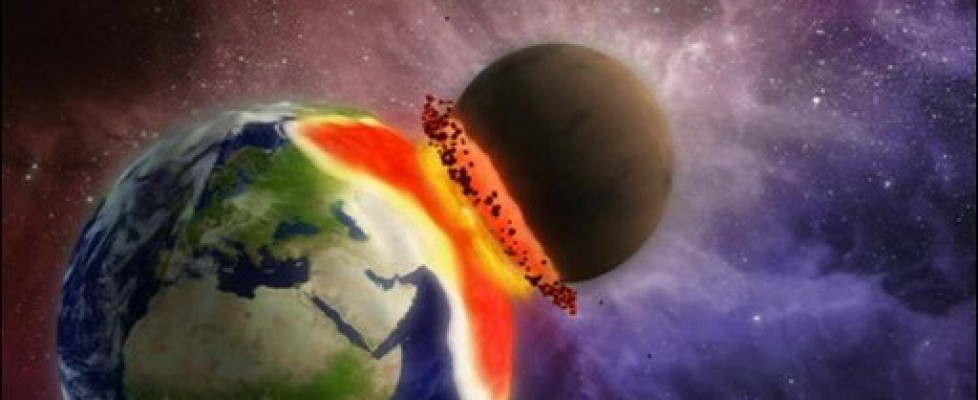
Better than the Rapture?
Dear friend of Wonderfest,
Were you a little disappointed(!) by last spring’s Rapture no-show? Well, maybe Wonderfest can help!
On Sunday, August 28, you are cordially invited to San Francisco’s Roxie Theater to learn about Real Doomsdays: How Life Could End on Earth. This trademark Wonderfest dialogue will feature two outstanding speakers: UCSC’s Greg Laughlin and NASA’s Chris McKay.

Here’s a compact, eminently forwardable summary of all the specifics, in case you don’t want to send this entire message to your friends. (But please do spread the word!)
- WHAT: A public science dialogue on Real Doomsdays: How Life Could End on Earth
- WHO: UC Santa Cruz astrophysicist Greg Laughlin and NASA planetologist Chris McKay
- WHERE: Roxie Theater, 3117 – 16th Street, San Francisco <http://roxie.com/info/directions.cfm>
- WHEN: 1:00-2:30 PM, Sunday, August 28, 2011
- HOW: It’s FREE, from your science-lovin’ friends at Wonderfest <http://wonderfest.org>.
- WHY: Because we’re curious creatures.

Recall that Wonderfest, now the Bay Area Beacon (not Festival) of Science, will not be producing a weekend festival as it has since 1998. Instead, events like this Doomsday dialogue will pepper the calendar year-round. Our venues will change, as well. This event at the Roxie promises plush seating and good munchies. Add some Earth-shattering science insights, and perhaps a rapturous experience will ensue after all!
Wondrous regards,
Tucker Hiatt, Wonderfest director
P.S. For a beautiful overview of past Wonderfest dialogues, please revisit the Wonderfest website. Technical director (and Picturoo CEO) Eric Yao has assembled finely edited videos of dialogues from the past three years. They — and even a master list of ALL Wonderfest dialogues since 1998 — appear under the Archives menu. Thank you, Eric!
Wonderfest Beacon of Science
Dear friend of Wonderfest,
The previous issue of this newsletter described how Wonderfest is “merging” with the Bay Area Science Festival (BASF). The unfortunate title of that message, “Wonderfest becomes BASF,” disappointed a few thoughtful folks who are fond of Wonderfest, and they made their disappointment clear.
We all want BASF to be a glorious success. And we can be proud that key elements of Wonderfest promise to be a big part of that success. However, Wonderfest is not “becoming” BASF. In fact, Wonderfest is beginning a year-long, multi-faceted period of profound growth and experimentation:
(1) After fourteen years as “The Bay Area Festival of Science,” Wonderfest’s subtitle is becoming “The Bay Area Beacon of Science” — reflecting that growth and experimentation.
![]()
(2) Wonderfest is joining forces with San Francisco’s original “science cafe,” Ask a Scientist, to produce regular science evenings at accessible venues throughout the Bay Area. Science dialogues and lectures will flourish year-round, not just during one weekend in November. Ask a Scientist creator Juliana Gallin is convinced—as am I—that together we can engage more people with science than either of our two independent institutions did in years past. Our first joint-venture event is scheduled for August. Stay tuned for news of its subject and speaker(s).
(3) Wonderfest is producing an extended series of online science videos. These “Wonderings” will complement more formal online fare like that of Khan Academy. Wonderings videos will be lively and witty, diverse and fun. Most of all, they will be compelling and accurate and wonder-inspired. A hint of the hundreds(!) of Wonderings to come can be seen in this prototype entitled She Has a Need for Speed. YouTube phenom Jack Conte is helping Wonderfest to produce the Wonderings AND to post them on YouTube in ways that will earn large viewerships and, consequently, engage a lot of people with science.
Do YOU have a question that can inspire an exciting episode of Wonderings? If so, please send it here. Perhaps even send it in simple YouTube video format (by attaching the URL). This is what the celebrity(!) questioner did in She Has a Need for Speed. Good questions—in video format or not—will be featured in upcoming episodes.
I hope you are (nearly!) as excited by the evolving Wonderfest as I am.
Wondrous regards,
Tucker Hiatt, Wonderfest Director
P.S. Early evidence of the collaboration between Wonderfest and Ask a Scientist can be seen in person on Wednesday, June 8, at 7:00pm. A certain Wonderfest director will be addressing “How to Blend Physics Into Your Worldview” at San Francisco’s Bazaar Cafe as a part of Ask a Scientist’s How-To Night. If you have time, please stop by!

